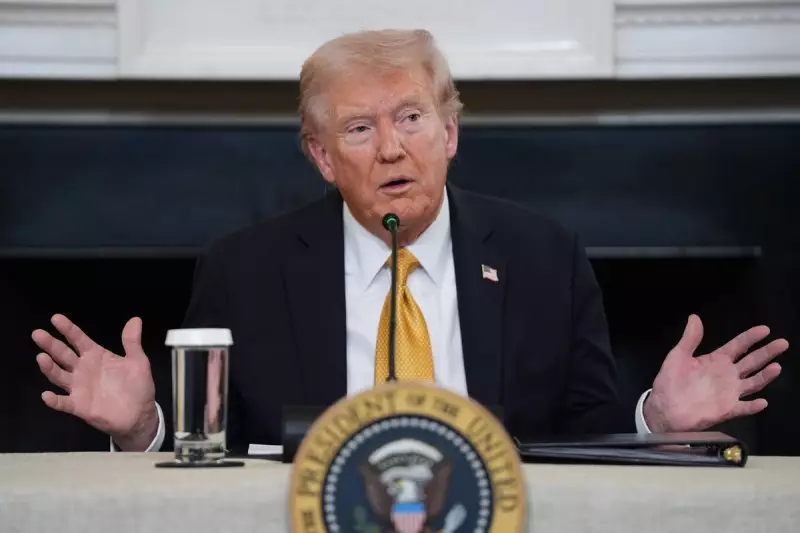
In a dramatic turn of events during one of America's most contentious government shutdowns, a mysterious benefactor emerged to safeguard military salaries after President Donald Trump's administration faced mounting criticism over unpaid armed forces personnel.
The Shutdown Crisis Deepens
As federal agencies ground to a halt and hundreds of thousands of government employees faced financial uncertainty, attention turned to America's military families. The Trump administration found itself under intense scrutiny as reports surfaced that armed forces personnel might not receive their scheduled pay cheques.
A Presidential Promise Meets Reality
President Trump had publicly assured the nation that military pay would be protected despite the political impasse that had frozen government operations. However, the practical mechanisms to fulfil this guarantee remained unclear, creating anxiety among service members and their families.
Enter the Anonymous Saviour
According to sources familiar with the matter, an unidentified donor came forward with a remarkable offer: to cover the military payroll during the shutdown period. The extraordinary intervention raised immediate questions about the growing role of private funding in what are traditionally government responsibilities.
Ethical Questions Surface
The arrangement prompted concerns among political observers and ethics watchdogs. Should private citizens be stepping in to fund essential public services? The incident highlighted the increasingly blurred lines between public duty and private philanthropy in modern governance.
Broader Implications for Democracy
This unprecedented situation goes beyond immediate financial relief for military families. It touches on fundamental questions about:
- The stability of government institutions during political standoffs
- The role of private wealth in public administration
- The long-term implications for military funding and independence
- Public trust in government's ability to fulfil basic obligations
The mystery donor's identity remains concealed, adding another layer of intrigue to an already extraordinary chapter in American political history. While military families received their due compensation, the episode leaves lingering questions about the resilience of democratic institutions when private citizens feel compelled to fill gaps created by political dysfunction.





